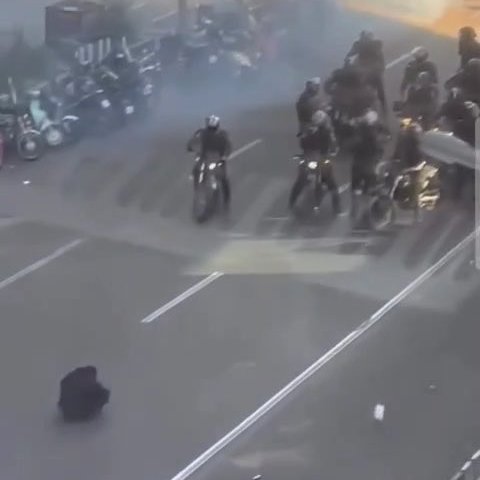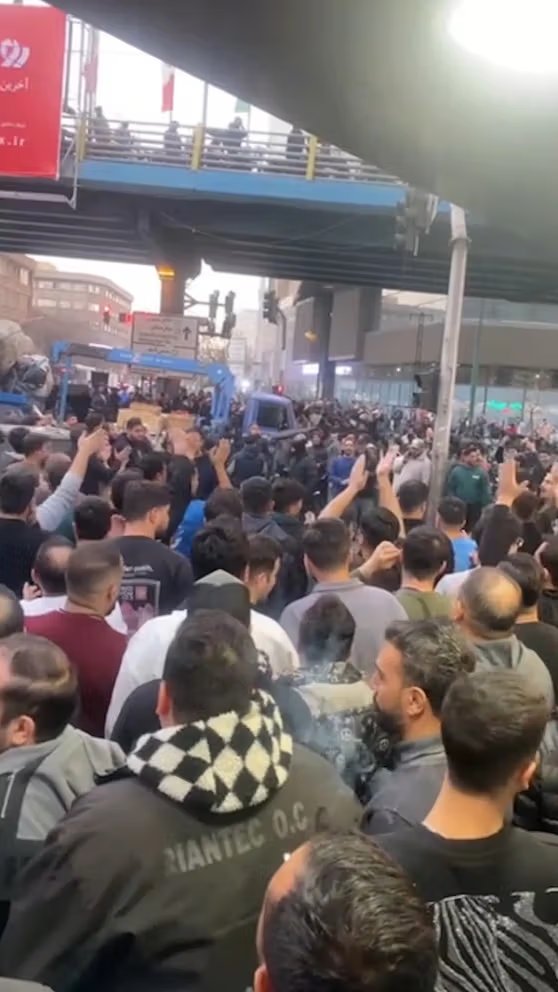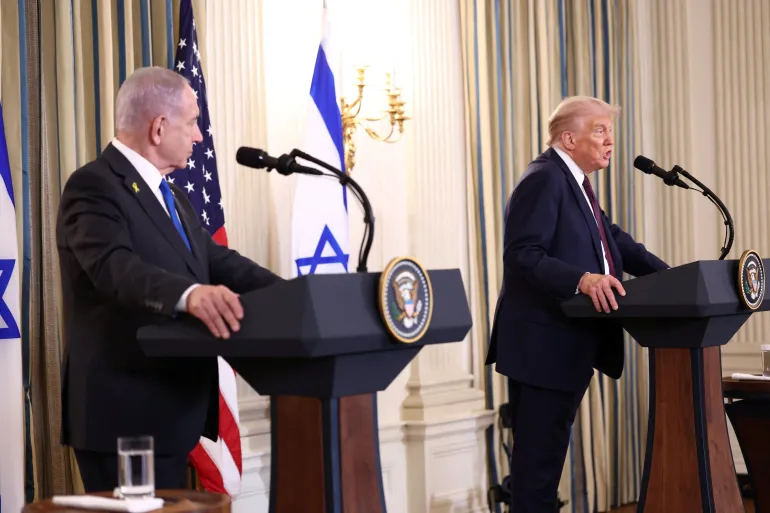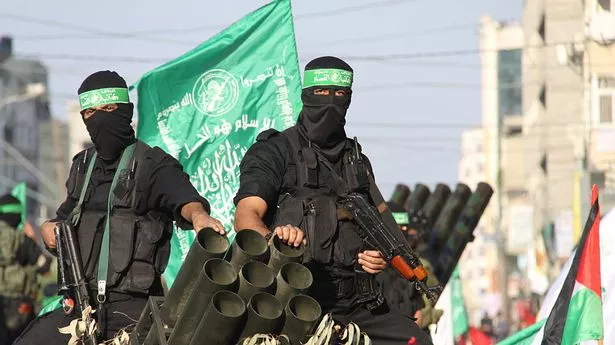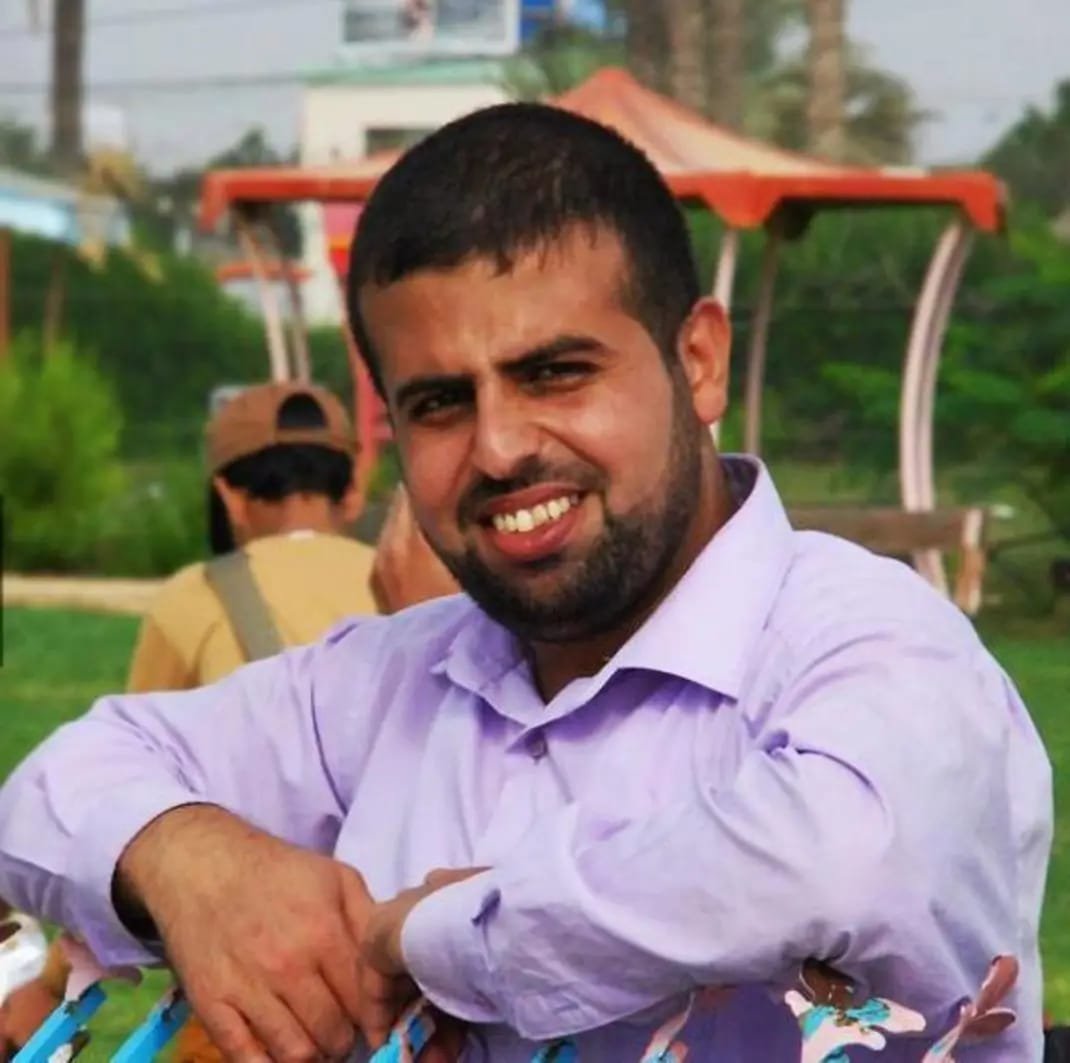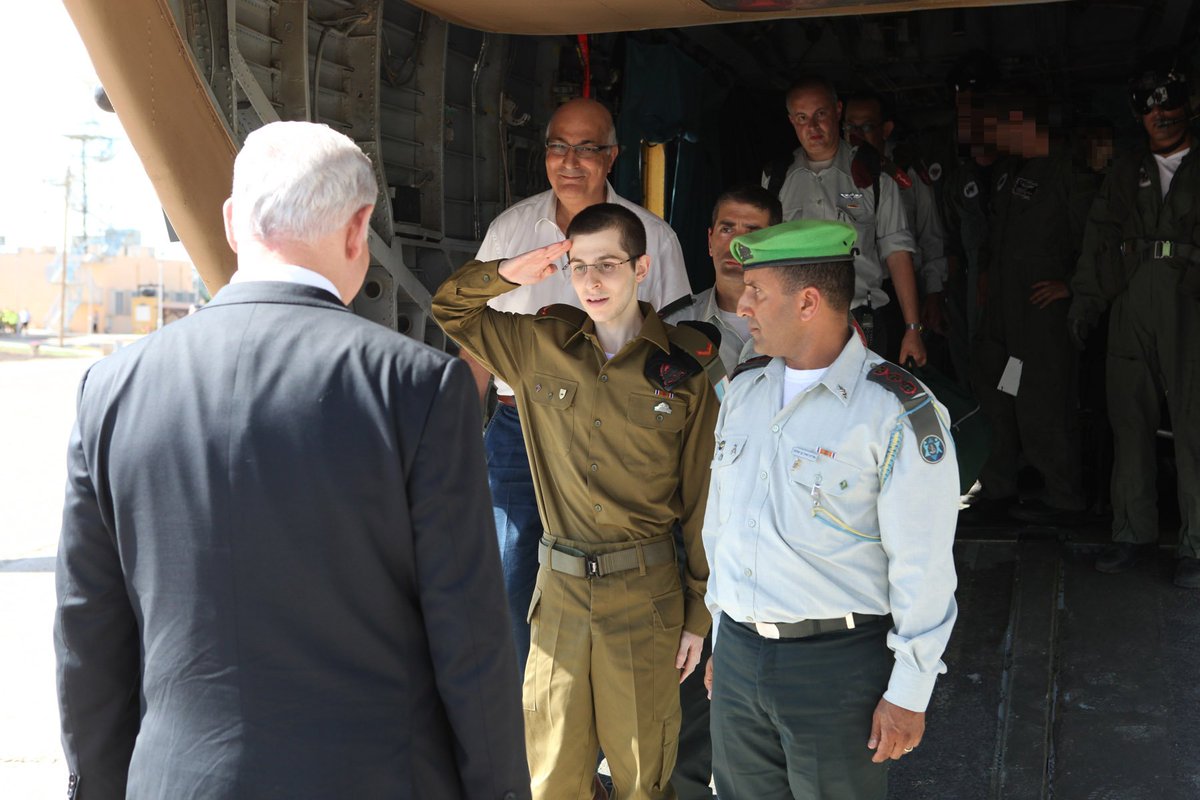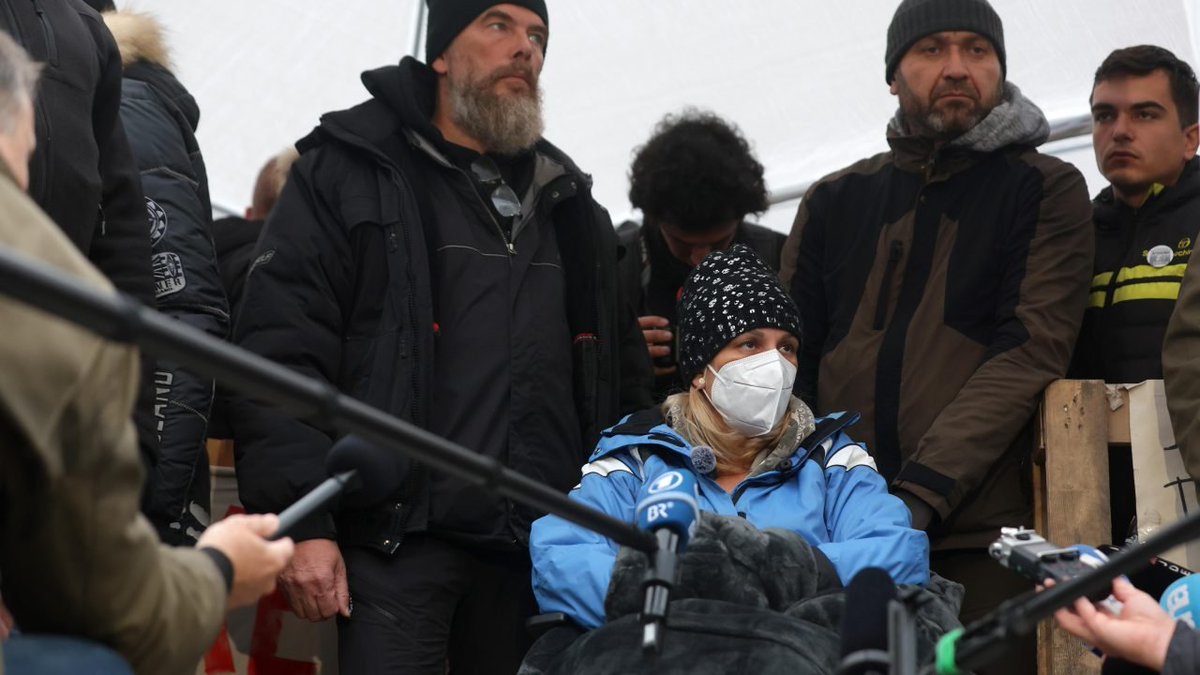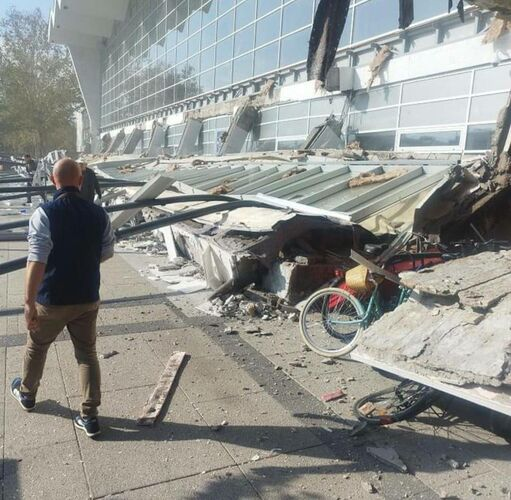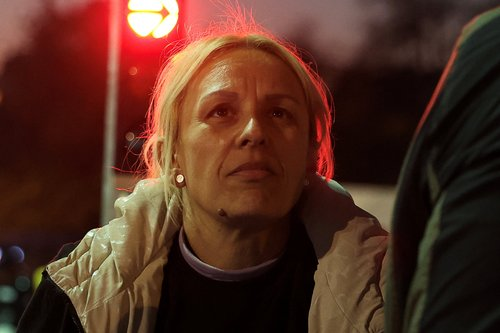Remember that Norwegian student and her infamous sign?
Marie Andersen is actually the victim of Visegrad24,”
Or so claims a hit piece by @terjekarlsen in an obscure Norwegian outlet.
Let’s break down and analyse the tactics used to try rehabilitate an antisemite and smear V24.




Marie Andersen is actually the victim of Visegrad24,”
Or so claims a hit piece by @terjekarlsen in an obscure Norwegian outlet.
Let’s break down and analyse the tactics used to try rehabilitate an antisemite and smear V24.
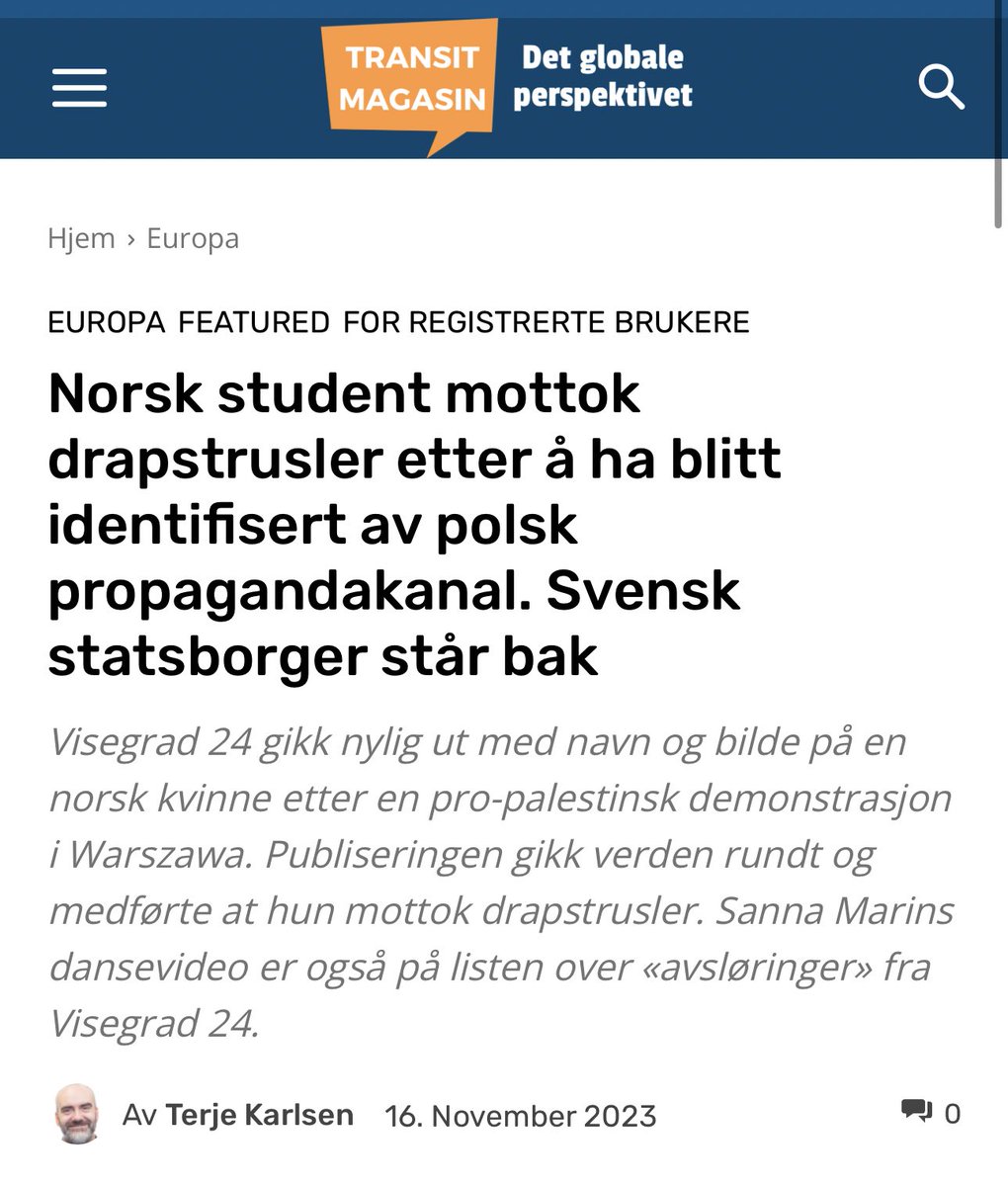



Norwegian student received death threats after being identified by Polish propaganda channel,”
That’s the headline of this Norwegian hit piece.
The “article” is full of misinformation about V24 - but what’s worse, it whitewashes a Norwegian antisemite.
So let’s break it down:
That’s the headline of this Norwegian hit piece.
The “article” is full of misinformation about V24 - but what’s worse, it whitewashes a Norwegian antisemite.
So let’s break it down:

The author of the “article” is the editor-in-chief of this obscure Norwegian outlet.
When writing his “hit piece” he did not reach out to Visegrad24.
Why is it that whilst writing an “investigative piece”, this “journalist” had no questions to the subjects of his article?
When writing his “hit piece” he did not reach out to Visegrad24.
Why is it that whilst writing an “investigative piece”, this “journalist” had no questions to the subjects of his article?

Was it because he had a foregone conclusion?
Or perhaps, it is because the aim of this article is more nefarious than just slandering V24?
Could it be this Norwegian journalist covered up his defence and rehabilitation of a Norwegian antisemite by hiding it in a hit piece?
Or perhaps, it is because the aim of this article is more nefarious than just slandering V24?
Could it be this Norwegian journalist covered up his defence and rehabilitation of a Norwegian antisemite by hiding it in a hit piece?

The headline of the article omits a detail:
Marie Andersen attended the “pro-Palestinian protest” with an antisemitic poster.
This poster, paraded just several hundred metres away from Umschlagplatz, not only outraged Polish society but was also condemned by Jewish leaders.
Marie Andersen attended the “pro-Palestinian protest” with an antisemitic poster.
This poster, paraded just several hundred metres away from Umschlagplatz, not only outraged Polish society but was also condemned by Jewish leaders.

The poster was so shocking and led to such fury in Poland, that the Polish President made a statement “strongly condemning” the incident.
"In Poland, there is no consent to express hatred towards anyone. This is completely contrary to the values on which the Republic of Poland is based."

"In Poland, there is no consent to express hatred towards anyone. This is completely contrary to the values on which the Republic of Poland is based."

Not only that, but the Auschwitz memorial bosses called for Marie Andersen to be prosecuted for her “racist act."
We hope that the relevant authorities will take legal action in response to this racist act as per Polish law,” said the Auschwitz memorial spokesperson.
We hope that the relevant authorities will take legal action in response to this racist act as per Polish law,” said the Auschwitz memorial spokesperson.

And yet, @terjekarlsen decided to frame the headline differently:
“Norwegian student
received death threats
after being identified by Polish propaganda channel
Swedish citizen is behind it.”
So let’s break this down;
“Norwegian student
received death threats
after being identified by Polish propaganda channel
Swedish citizen is behind it.”
So let’s break this down;

@terjekarlsen “Norwegian student”
The most relevant part about Marie Andersen is not that she is “Norwegian” or a “student”.
Her ANTISEMITISM outraged people around the world nor why the Auschwitz Memorial hoped for legal action against her.
@terjekarlsen conveniently omitted that.
The most relevant part about Marie Andersen is not that she is “Norwegian” or a “student”.
Her ANTISEMITISM outraged people around the world nor why the Auschwitz Memorial hoped for legal action against her.
@terjekarlsen conveniently omitted that.

@terjekarlsen The lead photo of the article chosen for the article is not one showing Marie Andersen clearly.
Why? Perhaps because that would reveal the sign and the message she has.
Instead, a (rather poorly done) collage of V24 posts was assembled.
Why? Perhaps because that would reveal the sign and the message she has.
Instead, a (rather poorly done) collage of V24 posts was assembled.

@terjekarlsen “received death threats”
The Norwegian student is cast as a victim, almost as if she received death threats out of nowhere.
Btw @terjekarlsen, if you bothered to reach out, you would know Visegrad24 and our small team have received over a thousand death threats.
The Norwegian student is cast as a victim, almost as if she received death threats out of nowhere.
Btw @terjekarlsen, if you bothered to reach out, you would know Visegrad24 and our small team have received over a thousand death threats.
@terjekarlsen FOR THE RECORD:
We condemn those who sent Marie Andersen any sort of threats.
Especially since the V24 team is at the receiving end of numerous threats.
Her punishment is up to the authorities of her university and potentially up to the Polish legal system, not the internet.
We condemn those who sent Marie Andersen any sort of threats.
Especially since the V24 team is at the receiving end of numerous threats.
Her punishment is up to the authorities of her university and potentially up to the Polish legal system, not the internet.
@terjekarlsen “after being identified by Polish propaganda channel”
Who is to blame for poor, innocent “Norwegian student” receiving death threats?
It’s not her shocking sign, but rather it is Visegrad24 who is responsible.
The headline immediately casts V24 as “the villain”.
Who is to blame for poor, innocent “Norwegian student” receiving death threats?
It’s not her shocking sign, but rather it is Visegrad24 who is responsible.
The headline immediately casts V24 as “the villain”.
The headline labels Visegrad24 a “propaganda channel”.
This is an attempt to discredit us in the eyes of the reader before they even start reading the article.
Why “channel” rather than the more accurate “news aggregator”?
Probably because it has a more menacing ring to it.
This is an attempt to discredit us in the eyes of the reader before they even start reading the article.
Why “channel” rather than the more accurate “news aggregator”?
Probably because it has a more menacing ring to it.
The use of the description “propaganda channel” by this obscure Norwegian outlet, which did not bother to reach out to Visegrad24 when writing this extremely tendentious “hit piece” filled with misinformation, is if anything rather amusing.
The headline also points out that V24 “identified” the student.
The framing of it is negative, as if Visegrad24 did something wrong by identifying the girl with an antisemitic poster.
What the article omits to point out is that Marie Andersen is a public figure.
The framing of it is negative, as if Visegrad24 did something wrong by identifying the girl with an antisemitic poster.
What the article omits to point out is that Marie Andersen is a public figure.
Marie Andersen went to the protest with her face uncovered.
She posed for photographs.
She gave a video interview to Nexta.
She is a public figure with 21.6k followers on IG.
She posed for photographs.
She gave a video interview to Nexta.
She is a public figure with 21.6k followers on IG.

“Swedish citizen is behind it.”
Bizarrely, the article tries to blame a “Swedish citizen” for identifying Marie Andersen.
Bizarrely, the article tries to blame a “Swedish citizen” for identifying Marie Andersen.
The subheading of the article says:
“Visegrad 24 recently published the name and picture of a Norwegian woman after a pro-Palestinian demonstration in Warsaw.
The publication went viral and resulted in her receiving death threats.”
“Visegrad 24 recently published the name and picture of a Norwegian woman after a pro-Palestinian demonstration in Warsaw.
The publication went viral and resulted in her receiving death threats.”

Once again, @terjekarlsen:
- does not point out that Marie Andersen had an antisemitic banner which shocked the world.
- calls the demonstration “pro-Palestinian” despite the fact that Marie Andersen had an anti-Israeli poster
- blames death threats on V24 (indirectly)
- does not point out that Marie Andersen had an antisemitic banner which shocked the world.
- calls the demonstration “pro-Palestinian” despite the fact that Marie Andersen had an anti-Israeli poster
- blames death threats on V24 (indirectly)
@terjekarlsen . @terjekarlsen seems to indirectly blame V24 for:
- Marie Andersen deciding to make an antisemitic poster
- actually writing a thinly veiled call for genocide on cardboard
- going to protest with her face uncovered
- posing for photos
- giving an interview to Nexta
- Marie Andersen deciding to make an antisemitic poster
- actually writing a thinly veiled call for genocide on cardboard
- going to protest with her face uncovered
- posing for photos
- giving an interview to Nexta

• • •
Missing some Tweet in this thread? You can try to
force a refresh


